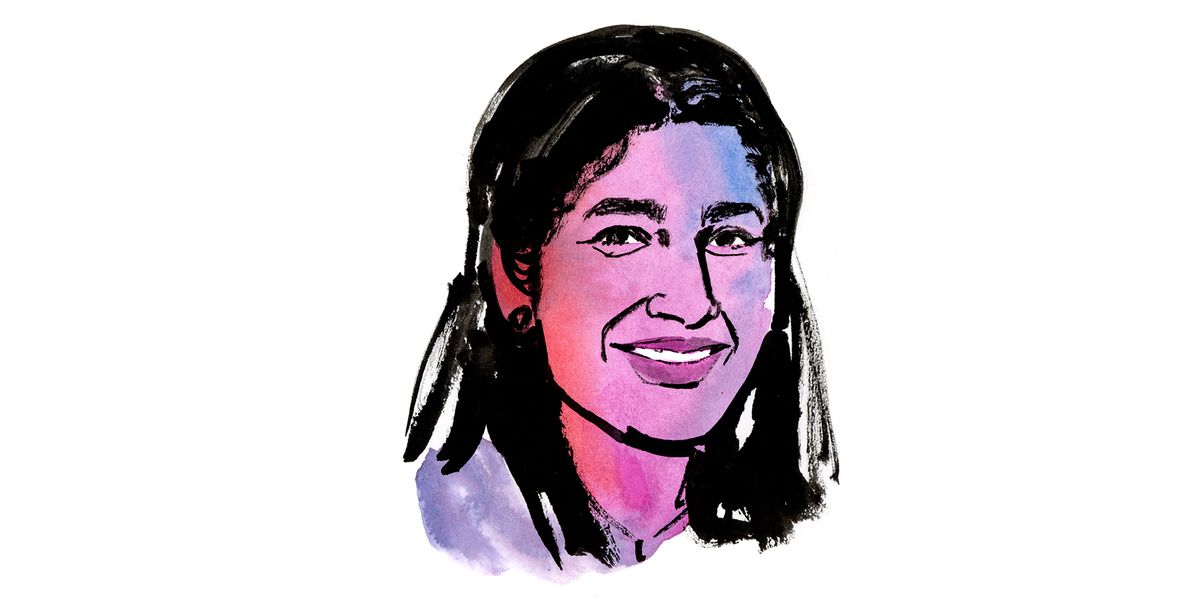When asked to choose a superpower, Priya Donti expressed a unique desire to have the ability to extract carbon dioxide from the atmosphere and transform it into basalt. While she continues to work towards this ambitious goal, her current focus lies in harnessing the power of AI and machine learning to combat climate change through her global nonprofit organization, Climate Change AI (CCAI).
Donti, a second-generation Indian American, was deeply influenced by her high school biology teacher’s teachings on climate change and its disproportionate impact on vulnerable populations. This early exposure solidified her commitment to dedicating her career to addressing climate issues.
Despite her initial passion for climate activism, Donti’s academic journey led her to discover the potential of computer science in tackling environmental challenges. A pivotal moment came when she encountered a paper titled “Putting the ‘Smarts’ into the Smart Grid,” which highlighted the crucial role of AI and machine learning in revolutionizing renewable energy infrastructure.
Building on this insight, Donti co-authored a seminal paper in 2019 that outlined the research agenda for leveraging AI to mitigate climate change. She categorizes AI’s climate applications into areas such as data analysis, system optimization, innovation acceleration, simulation enhancement, and forecasting improvement.
Practically, these applications translate into tasks like utilizing satellite imagery for methane detection, enhancing wildfire risk predictions through neural networks, and early detection of climate-induced phenomena like locust outbreaks in Kenya. The overarching goal is to mobilize the machine learning community in the global fight against climate change.
While AI presents immense potential in addressing environmental issues, Donti emphasizes the importance of ethical deployment. She warns against using AI in inherently flawed systems or for misguided optimization, as it could exacerbate existing problems. CCAI advocates for AI as a supplementary tool rather than a standalone solution, aiming to address data gaps, bridge disciplinary divides, and foster collaboration among experts.
Looking ahead, Donti will bring her expertise to MIT as an assistant professor, imparting the significance of interdisciplinary cooperation in combating climate change to future generations. By uniting diverse perspectives and skills, she believes that the collective strength derived from collaboration is a potent superpower in itself.






